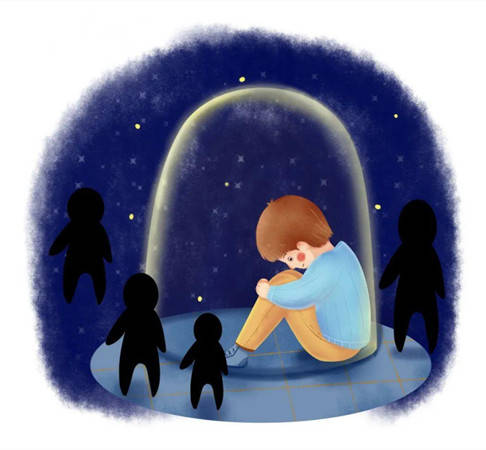At every stage of a baby’s growth, parents watch eagerly for their progress, especially in the development of their language skills. When a baby reaches the age of over 2 years and has not shown significant language abilities, many parents worry involuntarily about whether their child has autism or other developmental disorders. However, it is worth noting that delayed language development does not necessarily equate to autism, but it does require parents’ close attention and appropriate intervention. Here is a guide to help parents self-assess their baby’s symptoms in order to seek professional advice in a timely manner.
1. Understand the individual differences in language development
Firstly, parents should recognize that each child’s growth rate and trajectory are unique. Some children may show talents in language development early on, while others may develop relatively slowly, which does not necessarily mean there is a problem. However, if a child’s language abilities lag significantly behind their peers and are accompanied by abnormalities in other developmental areas, attention should be paid.
2. Observe non-verbal communication abilities
Children with autism often have difficulties not only in verbal expression but also in non-verbal communication. Parents can observe whether the baby engages in eye contact, points to objects to express needs, imitates others’ actions or facial expressions, etc. If the baby also lacks performance in these aspects, it could be a sign of autism.
3. Pay attention to social interactions
Children with autism often struggle in social interactions, they may not enjoy or know how to share toys with others, take turns in games, or may be insensitive to others’ emotional changes or lack interest. Parents can observe how the baby behaves when interacting with family members or peers, whether they appear isolated, unsociable, or have difficulty integrating.
4. Focus on repetitive and stereotyped behaviors
Children with autism often exhibit repetitive and stereotyped behavioral patterns, such as repeatedly performing the same action, arranging toys in a specific order, showing extreme interest in specific objects or topics, etc. These behaviors are not confined to the language domain, but they are important clues in autism diagnosis.
5. Comprehensive assessment and timely consultation
If parents notice significant abnormalities in the baby’s language development, non-verbal communication, social interactions, and behavioral patterns, it is recommended to promptly have the baby undergo a comprehensive developmental assessment. Professional child development specialists or psychologists can provide more accurate diagnosis and advice through professional tests and assessments.
[Contact for deletion if copyright infringement occurs].


